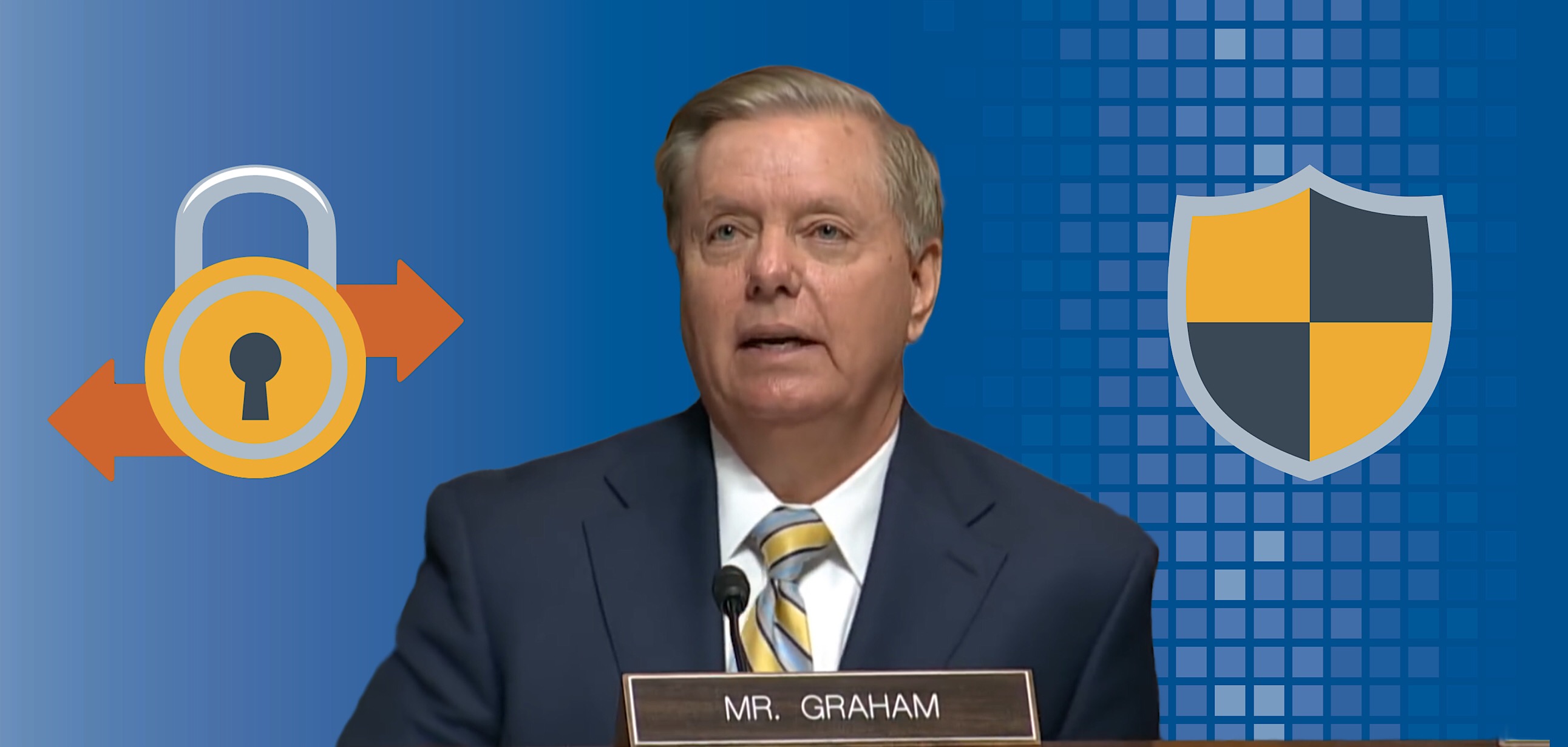Senator Lindsey Graham will be presiding over a “Protecting Innocence in a Digital World” Senate Judiciary Committee hearing tomorrow (July 9, 2019). The title of the hearing suggests that it will focus on measures big tech companies can take to protect children online and these measures are likely to involve more censorship and data gathering.
The title, date, time, location, and chairman of the hearing were posted to the Committee on the Judiciary website but no other details were provided.
If the hearing does focus on keeping children safe on the internet, then it will presumably propose measures such as requiring age verification to access content, removing certain features from social platforms, or censoring content. These are the most common “solutions” that are put forward when politicians bring up the topic of protecting children online.
However, these “solutions” often reduce the free flow of information on the internet and create privacy problems while doing little to solve the core problem.
For example, ever since its inception, the UK’s now-canceled porn block and ID verification system, which was proposed as a way to keep children safe on the internet, has been plagued with privacy problems. Critics also pointed out that even if this porn block was implemented, technical reasons would make it almost impossible to enforce which means that it would have been an ineffective piece of legislation.
Another example is YouTube’s attempts to protect children from harmful comments which have resulted in feature limitations and censorship with many comments now being mass disabled across the site and Google’s artificial intelligence (AI) automatically holding comments for review if it decides they’re “unacceptable.”
Not only is this hearing likely to focus on “solutions” that have inherent problems but the timing is also strange considering that fellow Republican Senator Josh Hawley recently proposed his “Ending Support for Internet Censorship Act.” This law would remove the legal liability protections online platforms receive when third-party content is published on their sites and intends to reduce online censorship. A hearing that focuses on protecting children online is likely to discuss more censorship and be at odds with Hawley’s proposed new law.












